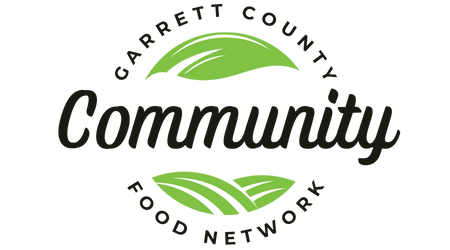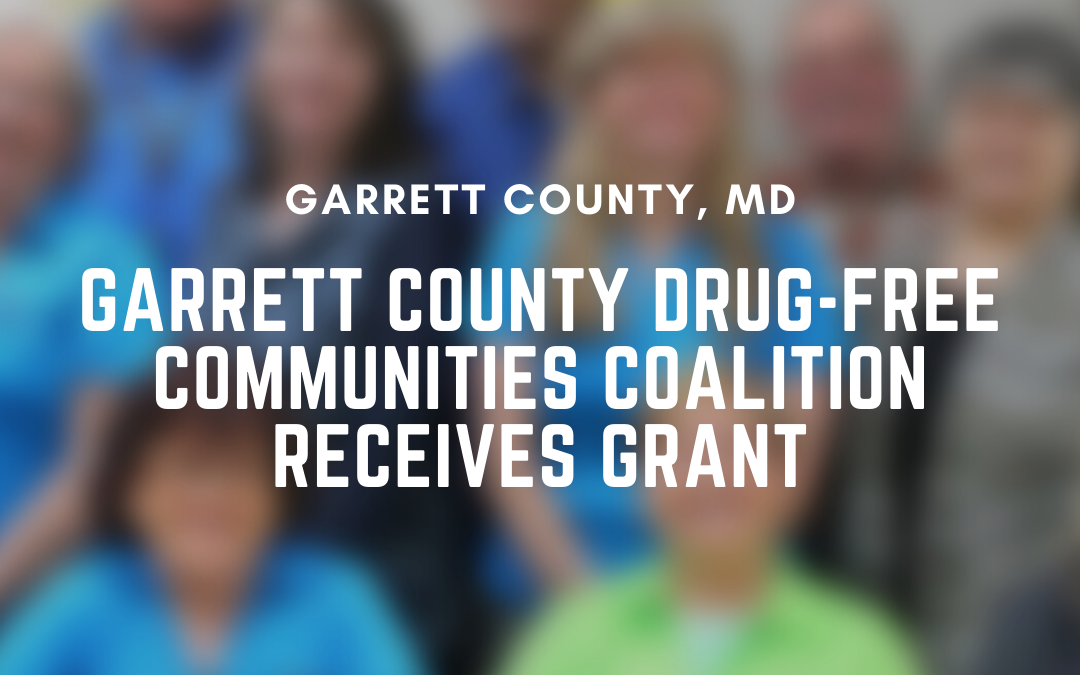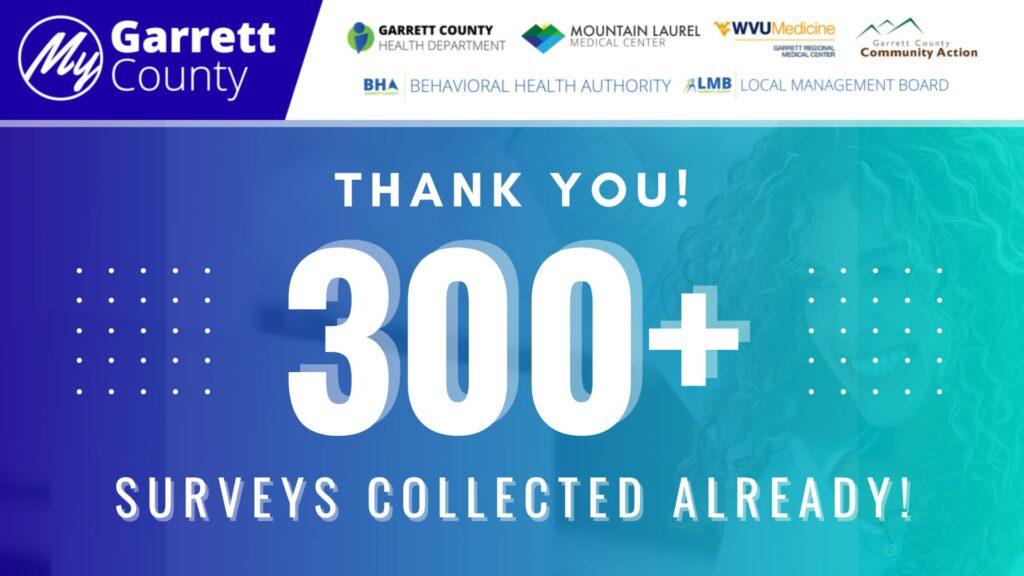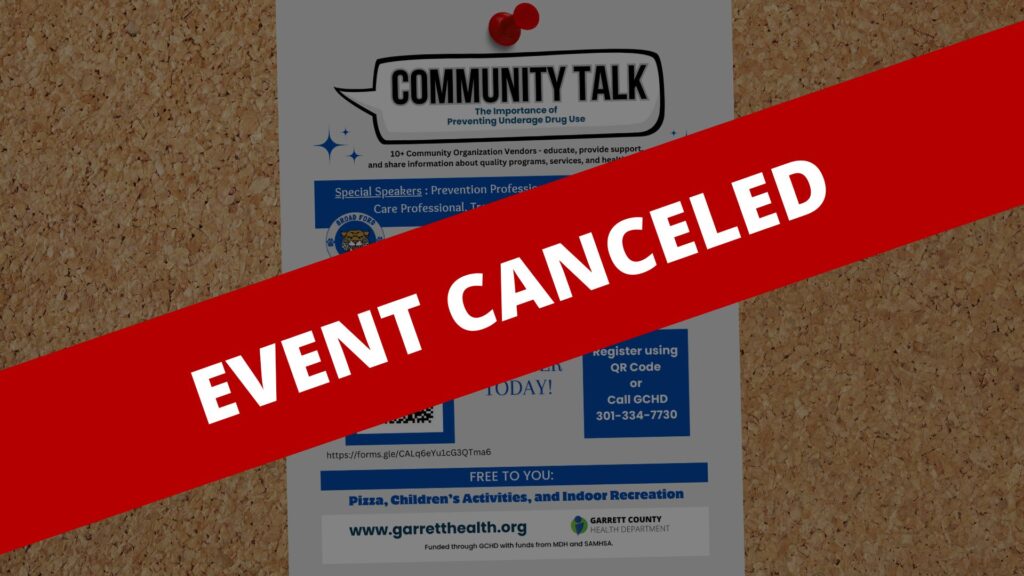By Diane Lee, Public Information Officer, Garrett County Health Department
The Garrett County Health Department recently received a grant for the Garrett County Drug-Free Communities Coalition from the White House Office of National Drug Control Policy (ONDCP) to prevent youth substance use.
The funding is a part of a series of grants distributed across the country that are designed to enhance the efforts of Drug-Free Communities program recipients to prevent opioid, methamphetamine, and prescription drug use among youth ages 12-18 across the United States. It is a five-year grant for $50,000 per year funded by the Comprehensive Addiction and Recovery Act Local Drug Crises grant program.
“We are pleased to have received this competitive grant which will help us continue to provide drug prevention services to Garrett County,” said Sandy Miller, Project Director and Director of the Substance Abuse Prevention Unit at the Garrett County Health Department. “This funding will allow us to equip members of the Drug-Free Communities Coalition, Youth in Action Teams, and Community Planning Groups to change the culture and context regarding the acceptability of drug use, including methamphetamines.”
“Preventing substance use among our young people is a critical component to fighting the opioid epidemic and keeping our communities safe,” said Congressman David Trone when he announced the grant award. “This grant from the White House will help provide Garrett County with the tools it needs to apply the evidence-based prevention strategies we know will result in healthier outcomes for our young people.”
The grant program is a partnership between ONDCP and the National Center for Injury Prevention and Control (NCIPC) at the Centers for Disease Control and Prevention (CDC). It aims to reduce youth substance use by providing funding to local coalitions to help them apply evidence-based prevention strategies to the emerging challenges in their communities.
For more information call the Health Department at 301-334-7730 or 301-895-3111.
- Featured Today on Go! Garrett County: Join 300+ of Your Neighbors, Family, and Friends Who’ve Already Taken the 2025 Garrett County Community Survey! - April 24, 2024
- Featured Today on Go! Garrett County: Go! Fitness Challenge: It’s Time To Submit Your Steps/Activity For Last Week! (4/15-4/21) - April 24, 2024
- EVENT CANCELED – Oakland Community Talk - April 23, 2024









